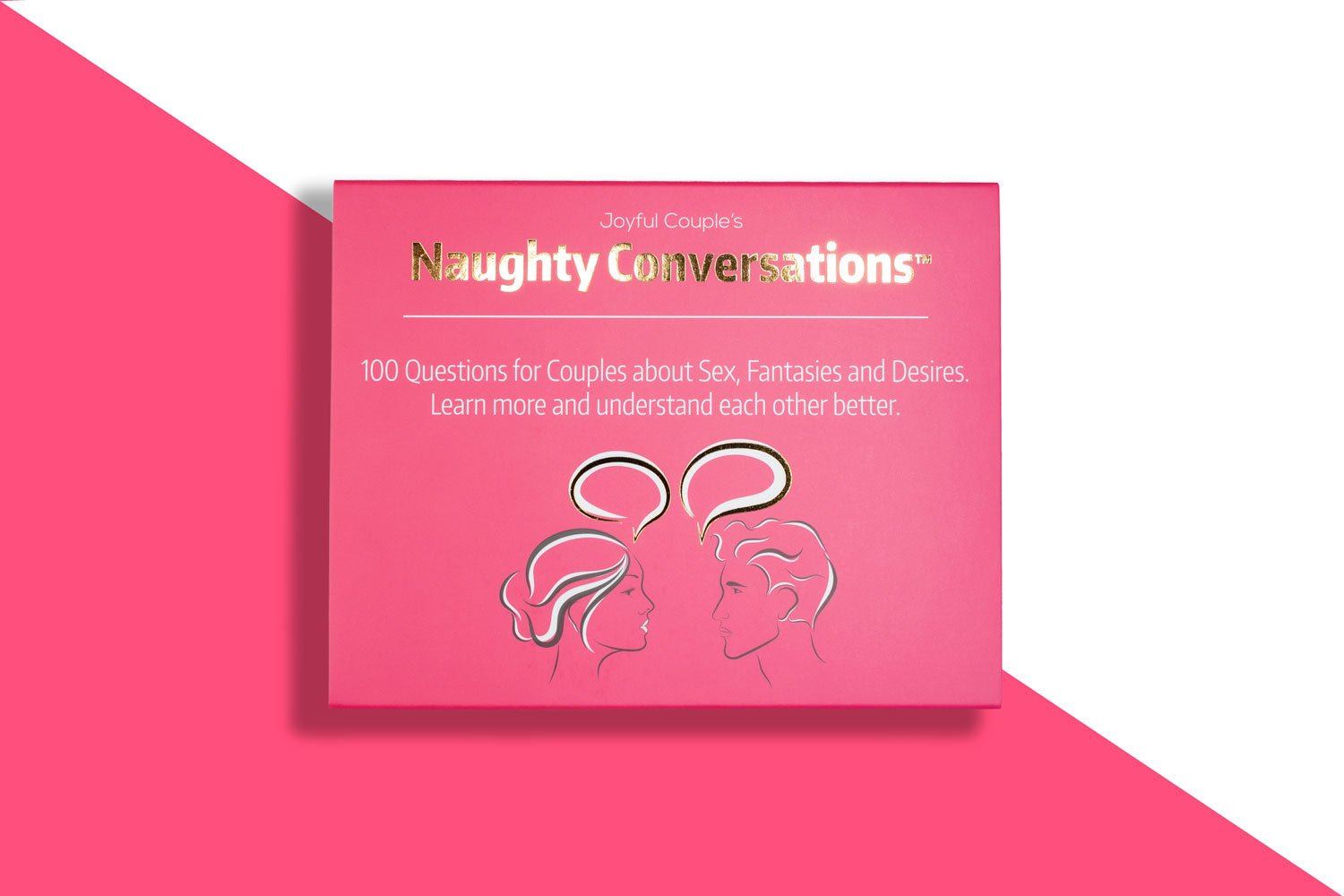Updated: March 8th, 2025
Relationships are intricate dances of give and take, understanding, and compromise. But even in the most harmonious unions, certain acts test the very fabric of trust and respect. What exactly is deemed "unforgivable" in a modern relationship? Let's find out.

The Definition of 'Unforgivable'
The term "unforgivable" in relationships often oscillates between cultural norms, personal experiences, and individual boundaries you shouldn’t ignore.
While some actions may be universally frowned upon, what one person finds intolerable, another might see as a minor blip. Delving into the complexity of 'unforgivable' offences in relationships requires a nuanced understanding of these varying perspectives, ensuring we recognise that relationship deal-breakers are as diverse as the individuals who set them.
When Should You Draw the Line in a Relationship?
Every relationship comes with its trials, but certain actions can push boundaries beyond repair. Recognising these problematic behaviours is crucial for one's emotional and mental well-being. We will shed light on some of the most challenging issues couples face and offers guidance on when it might be time to reconsider the relationship's future.
Manipulation and its Many Forms
Manipulation is the art of influencing someone to achieve one's own objectives, at the expense of the other person. Within relationships, manipulation can don many masks, one of most sinister is perhaps gaslighting.
Gaslighting is a psychological tactic in which a person seeks to sow seeds of doubt, making the other party question their memory, perception, or sanity. Dr. Robin Stern, the Associate Director of the Yale Center for Emotional Intelligence and a noted expert on the subject, describes gaslighting as "a type of emotional abuse where the abuser makes the victim question their reality."1 Such tactics erode trust, often leaving emotional scars that are hard to heal.
The Brutality of Physical Abuse
Physical abuse in a relationship is violent and dangerous, with victims often living in constant fear. According to the National Coalition Against Domestic Violence, nearly 20 people are physically abused by their partners every minute in the U.S.2 Such abuse is not just about visible scars but also the psychological trauma it inflicts.
As Dr. Judith Herman notes in her seminal work Trauma and Recovery, "The guarantee of safety in a battering relationship can never be based upon a promise from the perpetrator, no matter how heartfelt. The guarantee can only be based upon the victim's freedom from coercion and the opportunity to increase her resources so that she is not financially, socially, or psychologically dependent on the abuser."3
Cheating: The Dagger to Trust
Infidelity can shake the very foundations of a relationship, creating fissures that might never fully heal.
Dr. Shirley Glass, author of Not Just Friends, points out that infidelity is about breaking trust, not just breaking wedding vows.4 The secrecy, lies, and betrayal of trust cause the most pain. When no remorse accompanies cheating, it adds salt to an already-festering wound.
The Web of Constant Lying
Big or small, lies can erode the bedrock of trust that relationships thrive on. Chronic lying often stems from underlying insecurities, a need for control, or past traumatic experiences. Dr. Robert Feldman, who's spent over four decades studying deception, notes, "We lie because it works, even in relationships."5 However, each lie damages the mutual trust essential for a relationship's health.
Hidden Truths: Lying about Sexual Orientation
Societal pressures, fear of ostracization, or even self-denial can lead individuals to lie about their proper sexual orientation to their partners. This act can have profound emotional and mental repercussions.
Not only does it deprive the individual of living authentically, but it also creates an emotional chasm between partners. Dr. Richard A. Isay, a prominent psychiatrist and gay rights advocate, stresses the importance of honest self-acceptance and openness with partners to build genuine, fulfilling relationships.6

The Subtle Art of Emotional Abuse
Unlike physical abuse, emotional abuse doesn't leave visible scars but can be just as, if not more, damaging. It can manifest as constant criticism, humiliation, or emotional neglect.
Dr. Steven Stosny, a therapist who has worked with thousands of individuals, posits that "emotional abuse is an attempt to control the victim by making them feel bad about themselves."7
Financial Deceit: A Silent Relationship Killer
Money often becomes a tool for manipulation and control in relationships. Financial deceit might involve hiding assets, racking up secret debts, or depriving the other partner of financial independence. Such monetary manipulation creates a power imbalance, leading to resentment and mistrust.
Substance Abuse and Secrecy
Addictions, be they drugs, alcohol, or certain behaviours, can strain relationships to the breaking point. The secrecy and lies accompanying addiction further widen the gap between partners. As Dr. Tian Dayton explains in her work on relational trauma, the unpredictability associated with addiction erodes safety, trust, and stability within the relationship.8
The Impact of Technology: Digital Infidelity
Online relationships or digital interactions can be as hurtful as physical affairs if hidden or inappropriate. The emotional intimacy cultivated in such interactions can lead to feelings of betrayal and deceit, even if no physical boundaries are crossed.

What To Do When the Line Has Been Crossed
When you feel a line has been crossed, and you don't know how (or if) you should forgive the other person, there are only a few healthy options you can take.
Knowing When to Walk Away
Every relationship has its ups and downs, but there's a significant difference between a rough patch and a recurring pattern of toxicity. Understanding when to walk away is a delicate blend of introspection and observing repeated behaviors.
It might involve recognizing patterns of disrespect, physical or emotional harm, or a persistent feeling of unease and unhappiness. Prioritizing personal well-being doesn't mean giving up; it means recognizing that sometimes, love alone isn't enough.
Seeking Help: Therapists, Counsellors, and More
Relationships can be complex, and sometimes, an external perspective becomes indispensable. Professional therapists and counsellors are trained to identify underlying issues, offering both partners a safe space to communicate and heal. They can provide tools and strategies tailored to specific relationship problems.
Therapy isn't just for couples on the brink; it can be beneficial at any stage of a relationship to strengthen bonds and improve communication.

Rebuilding Trust: Is It Even Possible?
Trust is the bedrock of any meaningful relationship. But what happens when it's shattered? While the journey to rebuild trust is certainly challenging, with mutual effort, it isn't insurmountable. It begins with genuine remorse, accountability, and the willingness to make amends.
Dr. Robert Weiss, a therapist specialising in infidelity issues, notes, "Rebuilding trust after a betrayal isn't about words or making promises. It's about consistent behaviour over time."9 Both partners need to be invested in the healing process, understanding that rebuilding trust is often a longer journey than breaking it.
Open communication, transparency, and seeking professional help can be pivotal in this process.
The Community's Role: Sharing and Healing Together
In our journey through life, sometimes the weight of our experiences feels isolating. The pain, confusion, or betrayal experienced in relationships can lead one to feel singularly burdened. But there's profound strength in numbers, and this is where the community steps in.
The act of sharing personal stories and struggles offers multiple benefits. Firstly, it provides validation. Hearing another person echo your sentiments or recount a similar experience offers assurance that one's feelings are legitimate and shared by others. There's an inherent relief in knowing you're not navigating alone.
Confront or Conceal: Addressing the Issues Head-On
For relationships with a chance at redemption, confronting issues directly, though painful, is often the best course. This means open dialogue, vulnerability, and a commitment to understanding each other's perspectives. It's not about placing blame but seeking solutions, growth, and mutual respect.
Avoiding or concealing problems, on the other hand, can lead to pent-up resentment and deeper rifts. As renowned relationship expert Dr. John Gottman suggests, successful couples are not those without problems but those facing them and seeking resolutions together.10

Conclusion
Every relationship has its own unique dynamics, strengths, and challenges. What might be "unforgivable" for one couple might be surmountable for another. The most important aspect is mutual respect, understanding, and a shared commitment to the well-being of both partners. However, recognising and addressing "unforgivable" acts is crucial for mental and emotional well-being.
Remember, it's okay to seek help when needed. Whether through therapists, counsellors, or community support, healing often requires multiple hands and hearts. We'd love to hear your stories and how you've navigated relationship challenges. Share in the comments below, and let's foster a community of support and healing.
As always, feel free to read other relationship tips and look around our store to find some thoughtful and sexy gifts for couples.
FAQ Section:
1. What actions are considered "unforgivable" in a relationship?
Unforgivable actions vary depending on personal boundaries, cultural norms, and individual experiences. Common examples include infidelity, physical or emotional abuse, chronic manipulation (such as gaslighting), and significant breaches of trust like persistent lying or financial deceit. It's important to recognize and define your own boundaries.
2. How do I know if a relationship issue or a sign to leave is worth working through?
Assess whether the issue is a one-time event with genuine remorse and willingness to change or a recurring pattern of toxic behavior. If the issue involves physical harm, emotional abuse, or a persistent lack of respect, it may be time to prioritize your well-being and consider ending the relationship.
3. Can trust be rebuilt after it's been broken?
Yes, trust can be rebuilt, but it takes both partners' consistent effort, open communication, and genuine accountability. The process is often slow and requires transparency, empathy, and sometimes professional guidance to navigate the healing journey effectively.
4. How can I confront my partner about an issue without creating more conflict?
Start by choosing a calm moment to have the conversation. Use "I" statements to express your feelings without placing blame. For example, say, "I feel hurt when this happens" instead of "You always do this." Focus on solutions rather than accusations, and practice active listening to ensure both perspectives are understood.
5. When should I seek professional help for relationship issues?
Seeking professional help is beneficial when communication breaks down, trust is severely damaged, or conflicts become frequent and unresolved. A therapist or counselor provides a neutral space to unpack issues, identify underlying causes, and offer strategies to rebuild your connection. It's never too early to seek support if you're struggling.
Citations:
1. Leve, A. How to survive gaslighting: when manipulation erases your reality. The Guardian. https://www.theguardian.com/science/2017/mar/16/gaslighting-manipulation-reality-coping-mechanisms-trump
2. https://ncadv.org/STATISTICS
3. https://www.azquotes.com/quote/455156
4. Shirley Glass Ph.D, Jean Coppock Staeheli, Not “Just Friends”: Rebuilding Trust and Recovering Your Sanity After Infidelity
5. Harrell, E. Why We Lie So Much. https://content.time.com/time/health/article/0,8599,1917215,00.html
6. Alan Schwartz, M.D., Eric Yarbrough, M.D., and Christopher A. McIntosh, M.D., F.R.C.P.C., Sex and Relationship Issues in Work With the LGBTQ Community, https://www.ncbi.nlm.nih.gov/pmc/articles/PMC7587916/
7. Stosny, S. - Are You Emotionally Abusive? http://masculineheart.blogspot.com/2010/04/steven-stosny-are-you-emotionally.html
8. https://www.tiandayton.com/
9. Weiss, R, Healing the Relationship https://www.robertweissmsw.com/cheating-and-infidelity/healing-the-relationship/
10. Managing vs. Resolving Conflict in Relationships: The Blueprints for Success, https://www.gottman.com/blog/managing-vs-resolving-conflict-relationships-blueprints-success/
Related Articles:
- Quiet Quitting Marriages | How to Recognize The Issue and Reconcile








